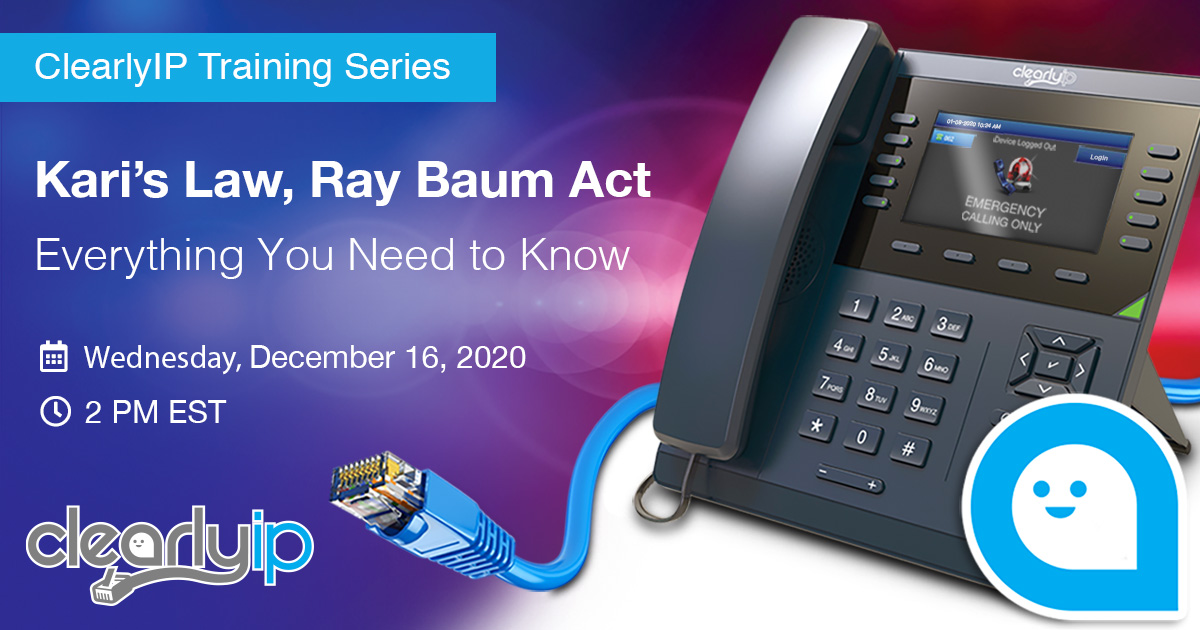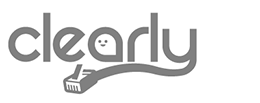
Save your seat, register now
Date: December 16, 2020
Time: 2:00 PM EST
Register Now
Join Our Educational Training Series to Learn Everything You Need to Know Regarding Kari’s Law and the Ray Baum Act and How It Effects Your Business
What is Kari’s Law?
Kari’s Law applies to multi-line telephone systems (MLTS), which are telephone systems that serve consumers in environments such as office buildings, campuses, and hotels. Kari’s Law requires MLTS systems in the United States to enable users to dial 911 directly, without having to dial a prefix to reach an outside line, and to provide for notification (e.g., to a front desk or security office) when a 911 call is made.
Who Does Kari’s Law Affect?
Kari’s Law applies to any “person engaged in the business of installing, managing, or operating” MLTS. Such persons “may not install, manage, or operate for use in the United States such a system, unless such system is configured such that a user may directly initiate a call to 9-1-1 from any station equipped with dialing facilities, without dialing any additional digit, code, prefix, or post-fix, including any trunk-access code such as the digit ‘9’, regardless of whether the user is required to dial such a digit, code, prefix, or post-fix for other calls.”
Bottom line: If you install, own or operate a multi-line telephone system in the United States, then Kari’s Law affects you.
What is the Ray Baum Act?
Dispatchable Location
RAY BAUM’S Act requires that a “dispatchable location” is conveyed with 911 calls so that 911 call centers will receive the caller’s location automatically and can dispatch responders more quickly. “Dispatchable location” is defined as “the street address of the calling party, and additional information such as room number, floor number, or similar information necessary to adequately identify the location of the calling party.” A Dispatchable location provided from the emergency responders’ point of view.
In short, if you dial 911, the emergency responders know EXACTLY where to go.
Speakers/Trainers

Tony Lewis
CEO, ClearlyIP Inc.

Breanna Fernie
CMO, ClearlyIP Inc.
